The professor talks about genetic diseases and the future of Medicine. Read here a special interview celebrating the 20 years of the Clinic.
August 28th, 2017
The Neurogenetics Clinic at Unicamp´s Hospital das Clínicas was created in August 1997.
On August 19, 2017, a technical-scientific event was held to commemorate its 20 years of activity. Several lectures on various genetic diseases were presented by specialists who work on the Clinic.
For those who could not participate in the event and also to those who wish to understand a little more about this interesting subject, we interviewed Professor Iscia Lopes-Cendes, idealizer of the Neurogenetics Clinic. Professor Iscia is a lecturer at the Faculty of Medical Sciences / Unicamp and a researcher at CEPID BRAINN.
BRAINN: Do you believe that genetic tests can become popular to the point that young people may regularly employ them, in order to anticipate the prevention of hereditary and / or genetic diseases like diabetes, hypertension and cholesterol?
Professor Iscia: Yes, this should happen in the future when we are able to calculate the risks of disease in the most complex hereditary conditions, which is the case of diabetes, hypertension and dyslipidemias (high cholesterol). Right now, however, our knowledge about the predisposing genes in these multifactorial diseases (which are caused by genetic and environmental factors) is limited, and that does not allow using genetic tests to establish the risks for these diseases.
BRAINN: Could you briefly explain the difference between genetics and heredity? They do not mean the same thing, right?
Professor Iscia: Exactly. ‘Genetic’ means that the disease is caused by a change in DNA or chromosomes and ‘hereditary’ means that it can be passed from one generation to another or from parent to son / daughter. There are diseases that are genetic but not hereditary, an example of which is cancer, that is a genetic disease in all cases (there is always a change in the DNA or chromosomes of the cancer cell), but only 10% of the cases are hereditary (ie, can be passed from one generation to another or inherited).
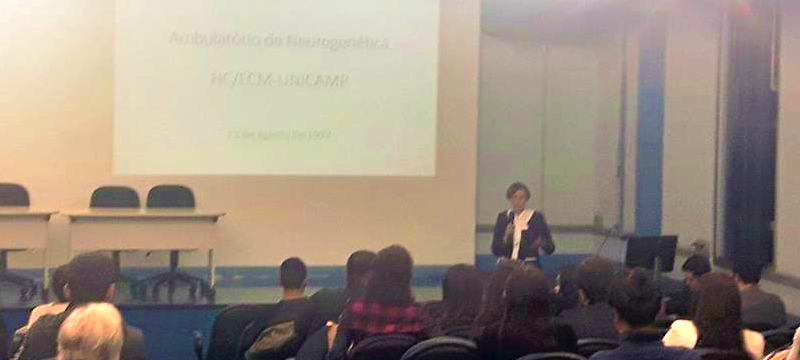
BRAINN: What’s the difference between neuropathy and dystonia?
Professor Iscia:Neuropathies are diseases of the nerves or the peripheral nervous system (outside the brain). As for dystonia, it is a disease in which there is a change of movement or an abnormal movement and it is caused by a functional alteration of certain regions of the brain (inside the brain).
BRAINN: How are dystonias diagnosed? Only through genetic testing?
Professor Iscia: No, quite the contrary, the diagnosis is clinical and only in the minority of patients do we find genetic defects that can cause the disease. From a practical point of view, the use of genetic testing is still limited in dystonias, and for most patients it will have negative results – especially in Brazil, where we show that the number of patients with this disease and the presence of mutations are lower than in other countries. This may be due to the fact that the cause of dystonias in Brazilian patients has not yet been adequately studied.
BRAINN: What are hereditary choreas?
Professor Iscia: These are diseases in which patients present an abnormal and involuntary movement called “chorea” and are transmitted genetically, usually following a model of autosomal dominant inheritance. The most common form of hereditary chorea is Huntington’s disease.
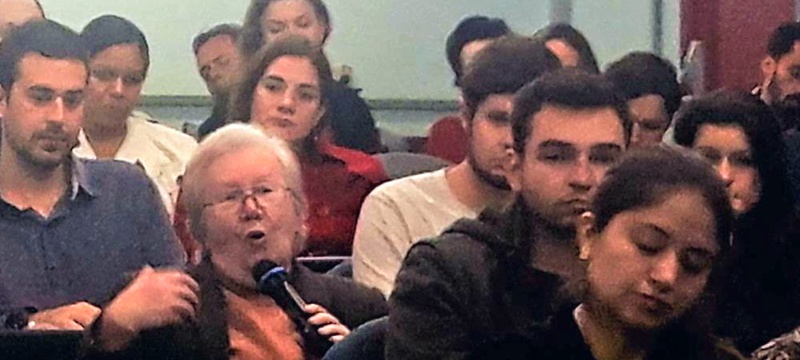
BRAINN: Could you give us a little insight into how precision medicine can revolutionize the way diagnosis are made, especially in the case of rare diseases? And how the diagnostic process – that is, naming the disease – can somehow relieve the patient’s pain?
Professor Iscia: Precision medicine seeks to identify and treat the disease in a way specific to each patient. In this context, genomic medicine is very relevant for the practice of precision medicine and seeks to assist in delivering a faster and more accurate diagnosis of the genetic defects that cause the diseases. In addition, it can identify genetic changes that will impact treatment, such as variations that may modulate response to medications by decreasing its effects or increasing the chance of side effects. If we can identify these variations, called pharmacogenomics, we can prescribe in the future more efficient medications with fewer side effects. In addition, every patient has the right to know exactly what his diagnosis is, and this even includes knowing exactly what genetic defect (or mutation) he/she has that causes the disease, since this can help the patient better understand the illness and, hence, accept it better. Identifying the genetic etiology of a disease can be very important for the family and for making decisions about the future as well. Therefore, we doctors always have to offer the most advanced technology to get a diagnosis, even if this does not change the treatment that we give to the patient.
If you have further questions about this subject, please send a message through BRAINN‘s Facebook.
Information on how to be referred to the Neurogenetic Clinic at UNICAMP´s Hospital das Clínicas can be obtained at the health unit closest to your residence.



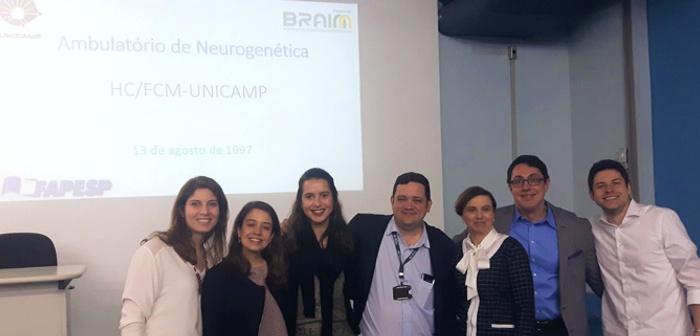
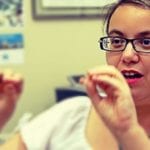
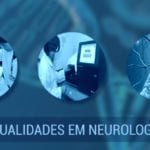
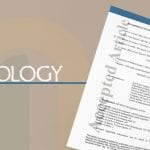



 Português do Brasil
Português do Brasil